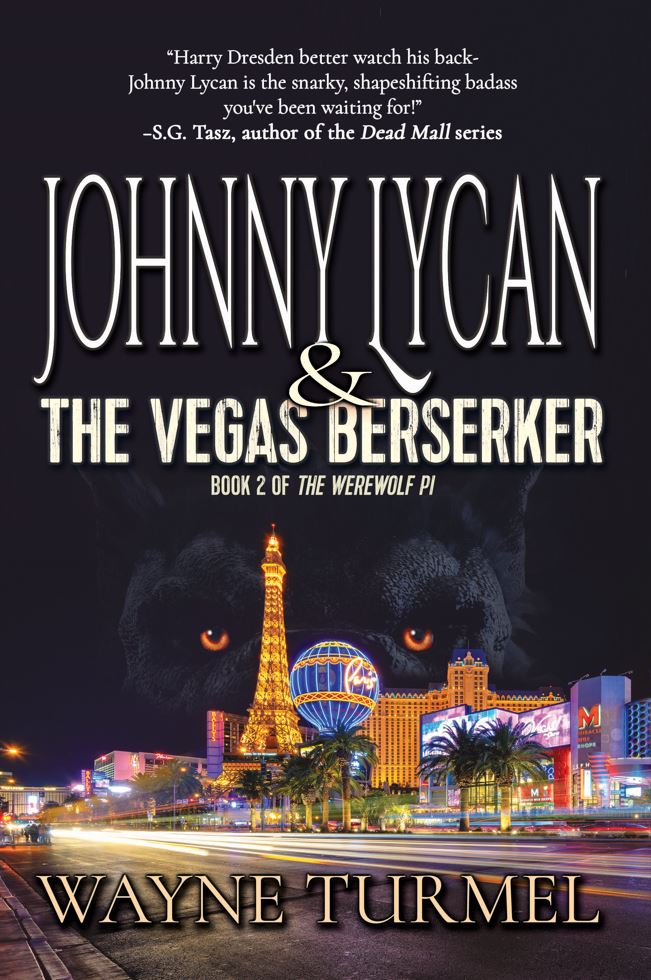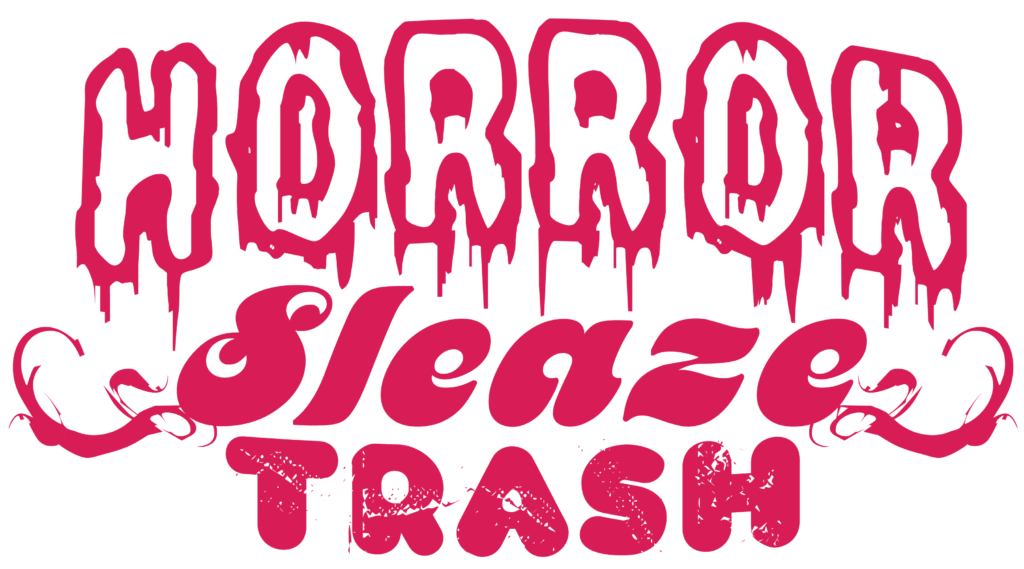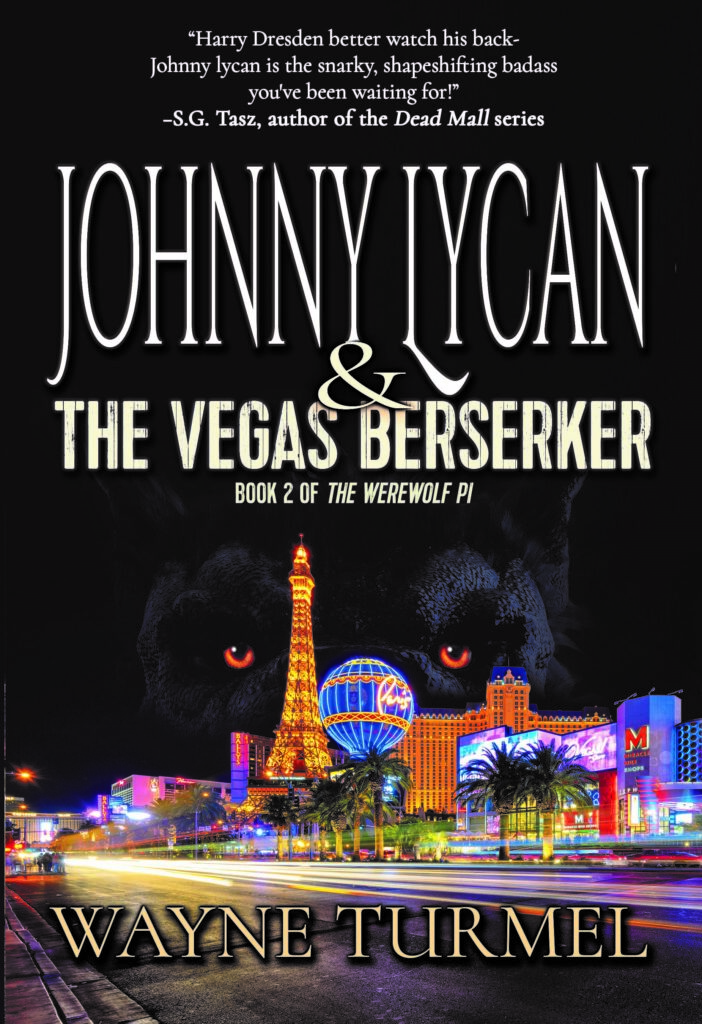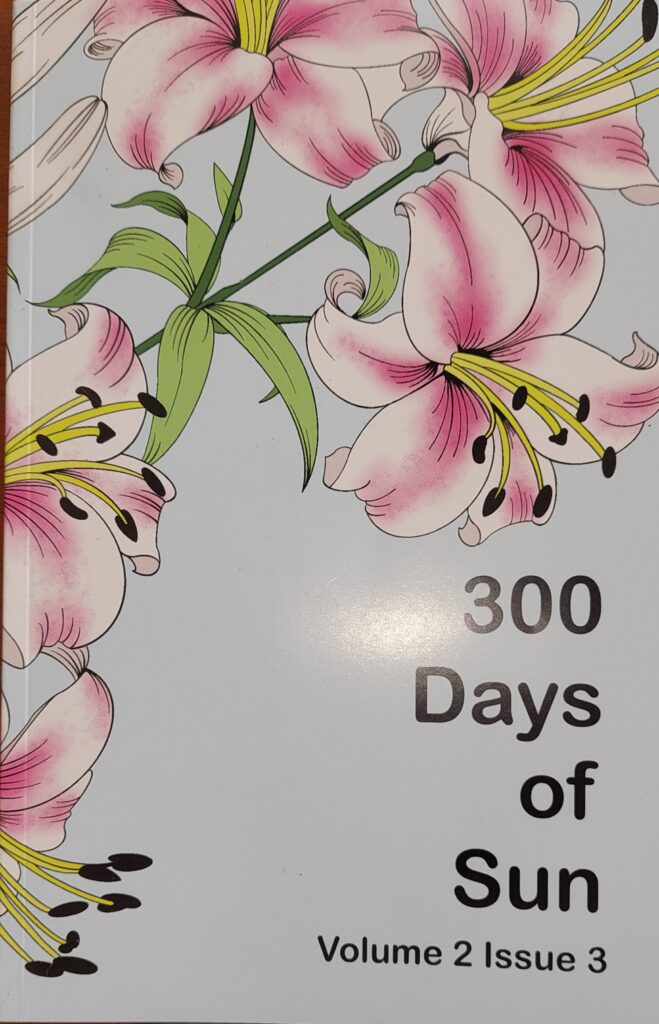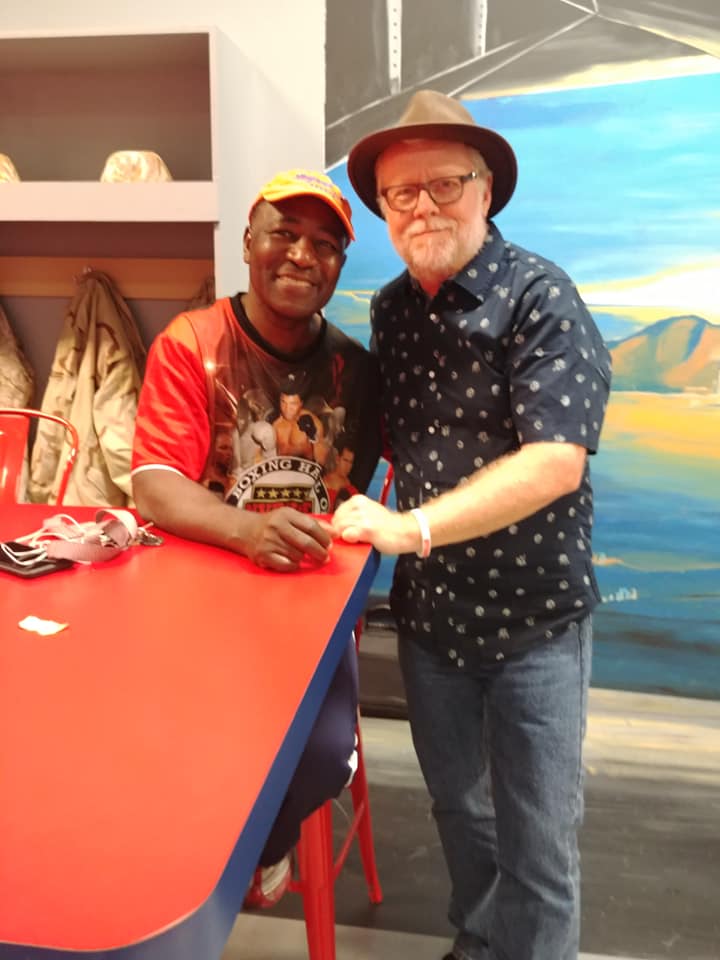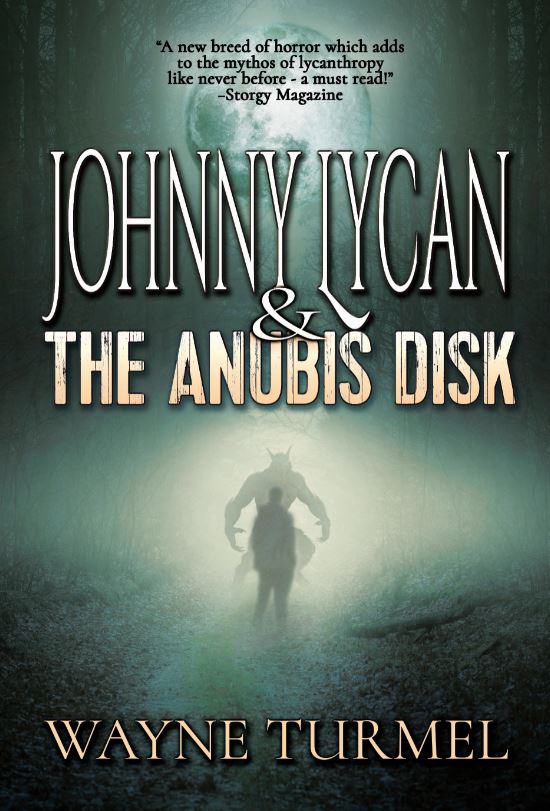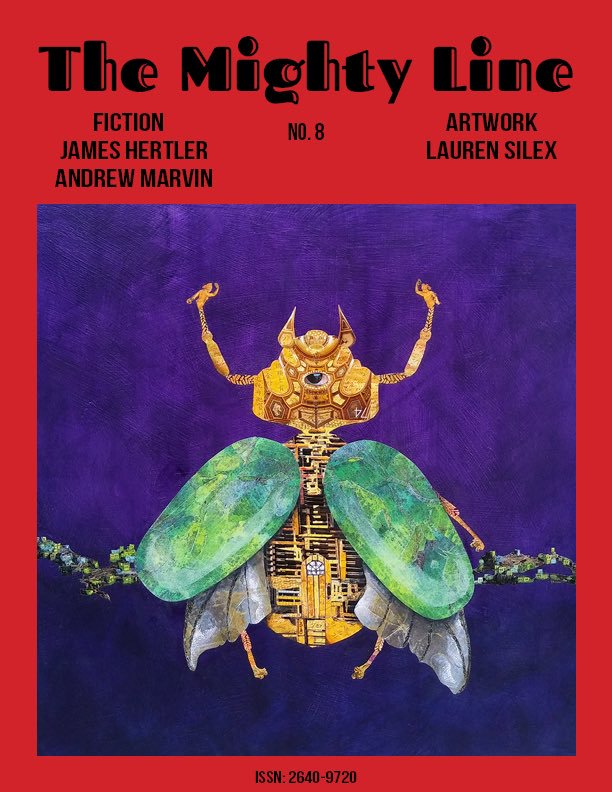If we start zoning out a page in then it needs work. Don’t bore us. You know what’s good.
Anthony Self, Executive Director, Head of Film, Storgy Magazine.
Since I was a kid, I wanted to be a writer. In particular, I had visions of being a wildly successful short story writer, firing off brilliance to magazines like Alfred Hitchcock Presents, and Fantasy and Science Fiction, slumming occasionally in Esquire or the New Yorker and the checks would just flow to my mailbox.
I still love writing and reading short stories and there is a crop of new online lit-mags and publishers who are flying the flag and keeping the art-form alive. I’m going to showcase a few of them over the next couple of weeks. Some have published me, some have kept their standards high (Kidding!)
A few years ago, I had a boxing story I was looking to submit. While it went to another magazine, the kind reply inspired me to stay connected with the boys in the UK. If you haven’t checked out Storgy.com yet, you’ll find a mix of opinion, short fiction, and just cool stuff, unbounded by genre (although they do skew heavily to the snarky and slightly weird.) Their new short story collection, Hopeful Monsters is available for pre-order now. (It’s on my Kindle TBR pile)
Here’s my interview with Anthony (Tony) Self.
What is Storgy, and why should we care?
STORGY magazine initially started as a closed-off writer’s group, where a few of us would be able to massage our own egos and pretend to know about the craft to put stories online. People started sending us their own work to put online and we liked the attention like craven wannabe-celebrities so I guess something stuck and we began publishing stories that fell through the cracks. These were the stories that didn’t have a home. The bastard children of literature.
Given how hard the publishing business is, what the hell were you thinking? How did the original concept come to you?
I know, right? Five years ago we were dilly-dallying with a story a week and now we’re independent publishers; posting reviews, previews, interviews and short fiction for all the masses to gobble up like malnourished street urchins. We wanted to write a 1,000 story every week and challenge ourselves to accomplish this. Looking back we were probably naive. Or had head trauma. One or the other.
Editor’s note: through a series of late-night emails the name of the magazine is a mashup of “Story” and “Orgy.” An Orgy of Stories. Don’t form companies while drinking. What kind of content are you looking for?
All kinds. We’ve had essays, we’ve had poems, we’ve had mythological Buddhist zen-like soliloquy’s, at the end of the day if the story keeps us engaged from beginning to end we may publish it. If we start zoning out a page in then it needs work. Don’t bore us. You know what’s good. And don’t send us your first draft. You’re better than that.
One of the reasons for this post is to encourage submissions. What do writers do that drives you crazy?
We used to heavily edit stories because a lot of mistakes were evident in the prose. We want to get stories out there to the masses but we also want to be professional about it all. It kind of hits us in the feels when we’ve edited something, send it back to the writer for review and they’re indignant about a rewrite as they consider their work a masterpiece and HOW DARE WE TRY TO CHANGE IT. Oh yeah, and ‘it was all a dream’, type endings
I love when I get constructive feedback from an editor. Most of us are submitting to find an audience and build our brand, such as it is. What are you and the the boy’s long-term plan for world domination?
A less elitist New Yorker type mantle would be fun. We’ve pushed ourselves to become independent publishers to create content for the short story form, so we’d like to carry on with that. Oh yeah, and get a $1,000,000 grant or something like that. That would be nice.
Any advice for authors submitting?
We’re flexible with a lot of things, such as number count, typeface, formatting – but look at our FAQ’s before submitting, it’s a courtesy to the person reading and potentially wanting to publish your piece.
You’ve been very kind to my work, publishing a number of stories and reviewing Acre’s Bastard and Acre’s Orphans. At the risk of sounding needy, what is it you like about my work?
Personally, I really liked The Towel – on one level it’s a snapshot of a boxing fight, conveying the imagery of RagingBull, Southpaw or Warrior, but on a deeper level it can be interpreted as the indomitable spirit of never giving up. This is something we agree on. In fact, it’s the core message of what STORGY is all about..
Storgy has expanded to publishing short story collections. Check them out here.
Most of my short stories, published or otherwise, can be found here on this website.


